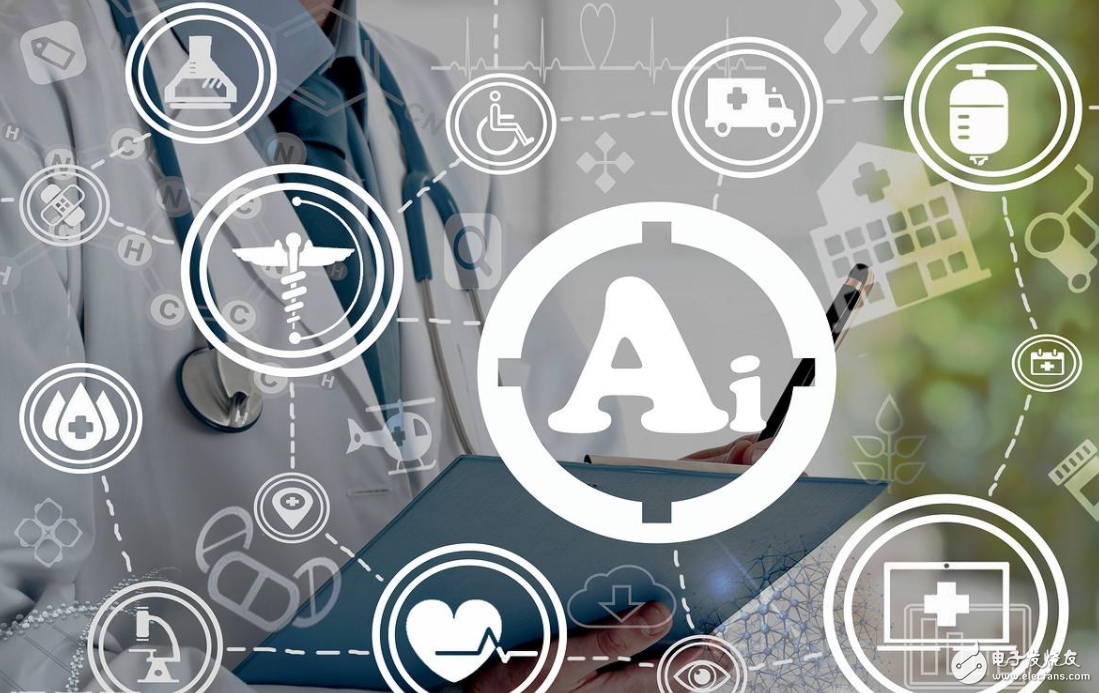Digital Display Controller,Controller For Solar Energy,Off Grid Pwm Solar Charging Controller,Solar Controller Home Solar Power GuangZhou HanFong New Energy Technology Co. , Ltd. , https://www.gzinverter.com
Artificial intelligence (AI) is making a significant impact on the healthcare industry. Recently, two AI systems developed in the UK have shown greater accuracy and efficiency in diagnosing heart disease and lung cancer compared to human experts. This advancement could lead to earlier detection of related conditions, saving lives and reducing costs for the British National Health Service (NHS), allowing limited medical resources to be used more effectively.
It has been reported that human doctors are not always able to accurately diagnose heart disease and lung cancer. Misdiagnosis can result in delayed treatment or unnecessary procedures, while missed diagnoses can cause anxiety and additional testing. The new AI diagnostic system offers more accurate and faster results, providing strong support for medical professionals.

AI is not just a tool to boost productivity; it also helps reduce costs for healthcare institutions. Since diagnosis is just one of many tasks physicians handle, there's no immediate concern about AI replacing them in the near future.
Currently, cardiologists use scans to assess a patient’s heartbeat and determine if their heart is functioning normally. According to BBC News, out of 60,000 heart scans conducted by the NHS, cardiologists correctly diagnosed only 80% of cases, with 12,000 misdiagnosed. Some patients were told they had normal hearts when they actually had issues, while others underwent unnecessary surgeries. This led to an estimated £600 million in wasted spending.
A team from the John Radcliffe Hospital in Oxford developed an AI system called Ultromics. It was trained using data from 1,000 patients over seven years, including whether or not they had heart disease. Ultromics proved to be more accurate than human doctors in diagnosing heart conditions.
After clinical trials in six cardiology units, Ultromics was able to detect details that physicians might miss, assess heart disease risk, and provide clinical advice when analyzing scan data. Its performance significantly outperformed that of human cardiologists. The results were expected to be published in 2018, and starting in the summer of that year, Ultromics would be available free to NHS hospitals, potentially saving over £300 million annually.
Human doctors often struggle to determine whether nodules found in lung scans are harmless or cancerous, requiring repeated scans to monitor changes. Optellum, a startup, developed an AI system that analyzes scan data to detect lung cancer. Clinical trials showed the system could identify harmless nodules, allowing early diagnosis and avoiding unnecessary scans and anxiety for patients.
Moreover, the system can detect lung cancer at an earlier stage, which is more efficient than human doctors. This allows more resources to be directed toward early screening, potentially diagnosing over 4,000 lung cancer patients each year, improving survival chances, and significantly cutting NHS costs.
Optellum is currently commercializing its AI system, and if both the US and EU adopt it, it could save up to £10 billion.
Professor John Bell from the University of Oxford Medical School highlighted that AI diagnostic systems could have a positive financial impact on the NHS. The NHS could cut pathology service costs by around £2.2 billion by 50%. These savings could then be reinvested into hiring more doctors, caregivers, and hospital staff, as well as purchasing new equipment to improve care quality.
Additionally, the UK benefits from AI by enabling organizations like the NHS to deliver better healthcare to more people without increasing GDP expenditure.
September 23, 2025